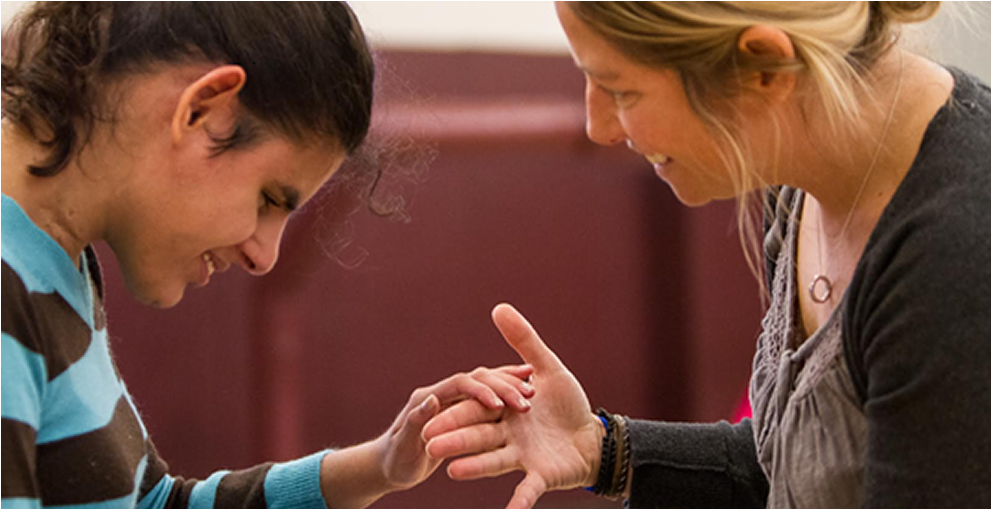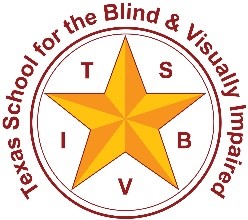Calendars

Calendars can serve many functions with regard to the development of time concepts and language acquisition. A calendar can function as a timepiece providing structure to the days events, as well as providing a static form of communication that can be referred to beyond the context of the current moment. Calendars can also give opportunities for social interaction by providing topics for conversation.
Be sure to allow enough time at the calendar – and think of it as its own (very important) activity.
It is helpful to think of communication in two forms: Static and Dynamic. Dynamic communication (think speech) is in the moment. It’s gone as soon as it’s here, never to be heard again. Static communication on the other hand is more permanent. Like words on a page or a photograph, it’s recorded and can be referred back to later. Through the use of a calendar system, and the conversation that is attached, we can provide both of these forms of communication.
Our intention is for the calendar system information presented here to function on its own, or (even better) as a companion to the book Calendars for Students with Multiple Impairments Including Deafblindness by Robbie Blaha. We owe a great deal of thanks to Robbie for her support and knowledge and for allowing me to quote her book. Some of the information and text that you will find here was culled from that book; other parts come from our experiences and the experiences of other colleagues and families.
Before you begin a calendar system with a child:
-
- Develop relationship/interaction style
- Design a schedule of effective routines
- Determine the appropriate static and dynamic communication forms
- Determine where the calendar will live and how it will be set up according to your student’s needs
- Schedule calendar conversation time into the day

